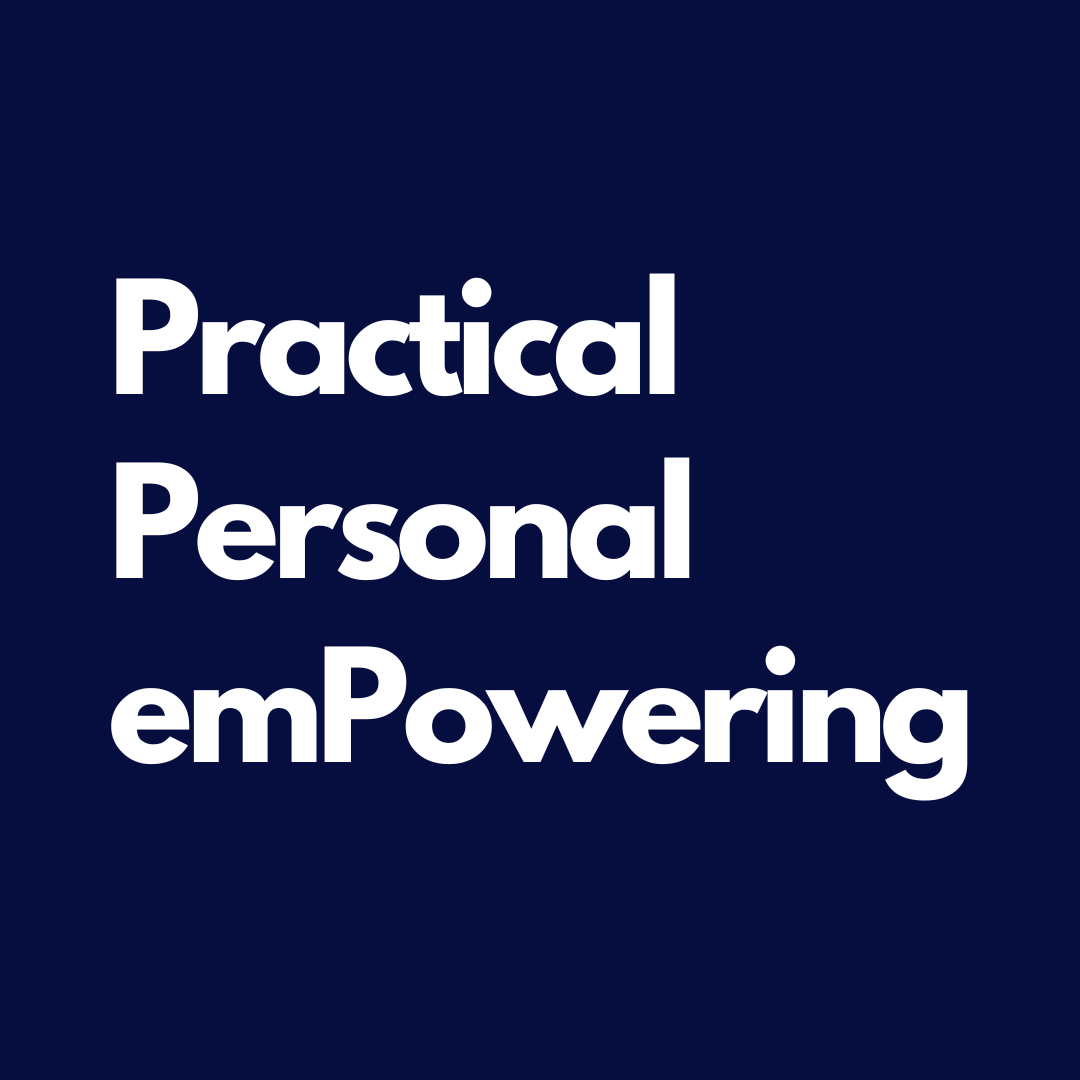
Free Biology of Trauma® 3-Video Training for Professionals
My Biology of Trauma® model provides a comprehensive, holistic framework to address stored trauma in the body. Discover the essential sequence of this model with my free video training. Register to learn how to enhance and accelerate your current healing practice now!
What does it mean to become a Biology of Trauma® Professional?
A Biology of Trauma® Professional is trained to address all 3 essential pillars of somatic, parts and biology work to bring clients lasting freedom from stored trauma. Professionals are trained in identifying which nervous system state a client is in in order to take the most effective approach to bringing the client to a regulated state, and to their best health and best selves. Professionals receive training in holistically applying the latest in neuroscience, epigenetics, attachment theory and more. Because Biology of Trauma® Professionals understand that healing begins with themselves, they walk through all of the exercises and trainings for themselves first in order to be their most well-resourced selves for clients and to better guide clients through their own holistic, healing work.
Who is the Biology of Trauma® Certificate Course for?
The Biology of Trauma® Professional Training program is for any provider or practitioner who wants to gain more tools and skills in effectively addressing trauma patterns in their work with others. No specific license or profession is required. If you want more knowledge and tools to address any underlying Biology of Trauma® that keeps those you work with stuck in life and health, this is for you! Some of our trained Professionals include:
- health providers
- mental health workers
- health coaches
- trauma recovery coaches
- physicians
- chiropractors
- acupuncturists
- occupational or physical therapists
- personal development and life coaches
Understand the difference between Stress and Trauma In the body.
Learn to recognize signs of stress vs trauma in the body so you can apply the right tools! You’ll gain tools in essential functional medicine, neuro-optimization, somatic exercises, parts work and more to accelerate your clients’ movement out of chronic stress or trauma and on with their lives.
The 3 Guiding Principles of Treating a Biology of Trauma®
1. Treating trauma needs to be PRACTICAL, implementable, and not overwhelming.
2. The second principle is that it has to be PERSONALIZED. Cookie-cutter medicine does not work for the Biology of Trauma®. Clients need a personalized and bio-individualized evaluation and plan.
3. The third principle is that treatments have to be emPOWERING. We have to teach people how to track and shift their own nervous system in the ways that work best for them.

Professional Recommendations
Why Professionals Recommend
The 21 Day Journey
Jess Sherman, FDN-p, MEd, RHN
International speaker and author, Functional Diagnostic Nutrition® Practitioner and award winning Registered Holistic Nutritionist™, board certified in Practical Holistic Nutrition
Hyla Cass, MD
Nationally acclaimed innovator and expert in the fields of integrative medicine, psychiatry, and addiction recovery
The 6 Modules to Become a Biology Of Trauma® Professional
While it is recommended to take Modules in the order listed below, professional training can be done in any order.
The Biology of Freeze and Overwhelm
A 6-week journey into the biology of the freeze response bringing in the healing factors of safety, time, and energy on a cellular level by addressing mitochondrial health, brain inflammation and autoimmunity.
The Biology of Grief and Heart Shocks
The next stage of the healing journey after the freeze response, a 6-week journey into the biology of grief that can keep us stuck in a trauma response by bringing in the healing factors of titration and gut health.
The Biology of Attachment and Neurodevelopment
A 6-week journey into early attachment and neurodevelopment, the biology that predisposes one to attachment trauma and tools to rewire and program ourselves for safety and security on a cellular level.
The Biology of Stress & Anxiety
Coming out of a freeze response, a 6-week journey into strengthening a healthy stress response and maintaining our cellular resources to allow us to stand and take action in the problems in our life.
The Biology of Letting Go
A 6-week journey into The Biology of Letting Go, the last stage of the trauma healing journey that will keep us stuck in holding on to toxins, weight, inflammation and resentments.
The Biology of Healing
A 6-week journey into the integrated approach to implementing the right tools at the right time to move clients through their unique biology of trauma to the vibrant health, aliveness and connected relationships that await them on the other side.
All modules in the Biology of Trauma® Professional Training Program work together to:
✔ Help you identify & address the biological factors at play in your clients’ experience of stored trauma
✔ Transform you into a next-level, holistic provider in addressing the underlying trauma affecting the physical, emotional and mental health of your clients
✔ Give you practical tools to accelerate your and your clients’ trauma healing
✔ Increase your expertise and training in trauma-informed work

After Completing The Professional Level Training, You’ll Be Eligible To Join The Year 2 Advanced Professional Training To Deepen Your Implementation Of The Biology of Trauma® Model With Clients
Professional Certificate Training
(Year 1)
Prerequisite course:
The 21 Day Journey to Calm Aliveness + All Parts of Me
Focus:
Personal application with certificate (strongly recommended for professionals).
Description:
This is an online CERTIFICATE course that will contain live lectures and course materials. Those in the Professional Training Track will complete homework, quizzes, and a final oral exam. Participants will also attend an implementation meeting and receive a certificate of completion. Completion of the Professional Training Track will make you eligible to enroll in the Advanced Professional Training Track.
Advanced Professional Training
(Year 2)
Prerequisite course:
The 21 Day Journey to Calm Aliveness + All Parts of Me AND completion of all 6 Biology of Trauma® Modules on the Professional Training Track.
Focus:
Professional application with certificate
Description:
This course has a special focus on professional application and implementation. You will learn how to design treatment plans and/or client-specific recommendations based on the case presentation and your assessment. You will receive support in adapting all of the course information to your particular profession and scope of practice. This is a CERTIFICATE course that is designed for professionals and those that would like to take what they learned in the Professional Training Track and apply it to their profession/practice.
What Past Students Have Experienced
Play Video about testimonial-joy
Q&A Session on Becoming a Biology of Trauma® Professional
Frequently Asked Questions
The Biology of Trauma® framework bridges the two worlds of functional medicine and trauma therapy by providing the missing piece to most modalities and therapies, which is, addressing stored trauma in the body. Without addressing the biology piece, most trauma work remains insufficient.
My Professional Training will teach you how to identify the biological factors holding back your client’s healing. It also incorporates advanced somatic and parts work to address other emotional, psychological and physiological aspects of stored trauma.
Incorporating the holistic framework of the Biology of Trauma® model will enhance and accelerate the effectiveness of your current modalities and trainings for your clients who are being held back by stored trauma.
Foundational Module: The 21 Day Journey + Intro To All Parts of Me
The 21 Day Journey is a 21 consecutive-day guided journey into your nervous system. Through daily somatic exercises and live group practice sessions, you become attuned to the needs of your particular system and gain the tools to create the felt sense of safety and support your system needs in order to release trauma. You will be equipped to guide your own clients through these exercises or adaptations thereof upon completing your own 21 Day Journey.
Intro to All Parts of Me is a 3-week guided exploration of your many different parts and why they do what they do. You will learn how to tap into what each part desires and needs, as well as how to create safety and support for each part. Through these daily exercises and twice weekly live sessions, your parts will begin to trust you and to relax and release – allowing your most mature and authentic self to begin running the show.
6 Certificate Modules:
Each module is a 6-week experiential journey which includes deeper somatic and parts work than the Foundational Module and also addresses the finer details of the biological factors that have been keeping trauma stuck in your and your clients’ bodies. In each week of each Module, you will receive a recorded lecture, a written chapter, a quiz and a homework assignment. Each week, Dr. Aimie also goes LIVE on Zoom for a Q&A session with students. At the end of each Module is a final written exam, final oral exam, and final implementation meeting to discuss how to incorporate this experience and tools into your practice. Each Module is packed with additional resources and tools such as somatic drop-in sessions, study groups, guest speakers, bonuses and more.
Though each person’s time commitment varies, I recommend setting aside 1 hour a day for both The 21 Day Journey and the Intro to All Parts of Me courses. I recommend you plan to devote 4-6 hours a week to working through the content of each Certificate Module.
Professionals of all kinds are invited to complete this training. As long as you are in a helping profession, you are working with trauma and stress in the nervous system and biology, and your practice will be greatly enhanced by the tools and knowledge you will gain from the Biology of Trauma® Professional Program.
The Foundational Module of the 21 Day Journey and Intro to All Parts of Me must be completed before beginning any of the 6 Biology of Trauma® Modules. While it is encouraged to take the 6 Modules in the order in which they are listed on this page, they can be taken in any order without compromising the effectiveness of the overall training.
This is not a course that gives you a license as a provider nor is it a health or trauma recovery coach credentialing program. At the completion of each Module, you will receive a Certificate of Completion indicating that you have achieved competency on that specific topic of the Biology of Trauma®.
At the completion of all 6 modules of the Certificate Training, you will receive a certification as a Biology of Trauma® Professional from Trauma Healing Accelerated. This is a certification that you will be adding to your professional work capacities.
You are still held to the restrictions, responsibilities and privileges of any primary license and board.
Once someone completes the 1-year Professional Certificate Training, they then have the option to pursue greater mastery and deeper application of the Biology of Trauma® model through the Advanced Professional Training. This would be a second full year of training in which special emphasis is placed on conducting more thorough assessments with clients, interpreting that data and lab work, and designing a client-specific treatment plan, including appropriate supplementation.
The Biology of Trauma® Professional Program is a one-year program with one foundational module and six certificate modules.
Foundational Module: The 21 Day Journey
6 Certificate Modules:
- The Biology of Freeze & Overwhelm
- The Biology of Grief & Heart Shocks
- The Biology of Attachment & Neurodevelopment
- The Biology of Stress & Anxiety
- The Biology of Letting Go
- The Biology of Healing
Modules can be taken in any order, though the recommendation would be to follow the order listed above. The 21 Day Journey must be completed before beginning the Certificate Courses.
After completion of the first year, you may also continue on to a second year to become a Biology of Trauma® Advanced Professional.
Everything is online! Some portions of the Module trainings are pre-recorded and available in your course portal. Other portions are delivered in LIVE group Zoom sessions which are also recorded and made available in your course portal. You have ongoing access to all course materials.
You receive an individual certificate at the end of each Module. To receive the certificate, you complete a weekly quiz, homework assignment, and final oral and written exam for each Module. There is also an implementation meeting to discuss how to incorporate the experiences into your practice.
While working over the course of a year through the 6 Modules, you will be given the designation of Biology of Trauma® Professional In-Training. Upon completion of all 6 Certificate Modules, you will be granted an overall certificate and the designation of Biology of Trauma® Professional.
The Foundational Module of the 21 Day Journey and Intro to All Parts of Me must be completed before beginning any of the 6 Biology of Trauma® Modules. While it is encouraged to take the 6 Modules in the order in which they are listed on this page, they can be taken in any order without compromising the effectiveness of the overall training.
A 30-Day Full Refund is available if you have not started any Modules within the training program. Beyond 30 days, you can receive a pro-rated refund for any courses you have not yet started.
If you think you may be interested in joining the professional training, please register for my free 3-Video Training Series for Professionals which is listed on this page. I will be sharing the latest program details and a discounted pricing offer in those emails!
- overcomingauto@gmail.com
Disclaimer: This is not a course that gives you a license as a provider nor is it a health or trauma recovery coach credentialing program. At the completion of each module, you will receive a Certification of Completion indicating you have achieved competency on that specific topic of Biology of Trauma®. At the completion of all 6 modules of the Certification Course, you will receive a certification as a Biology of Trauma® Provider from Trauma Healing Accelerated. This is a certification that you will be adding to your professional work capacities.
You are still held to the restrictions, responsibilities and privileges of your primary license and board.
Medical Disclosure: The information and programs presented on or through this website are made available to equip you with knowledge and tools. All the material in this course are intended for educational purposes. This information nor any programs that are offered are (nor are a substitute for) medical advice, diagnosis, or treatment. For any physical or mental health issues, I recommend you work with a qualified health provider who will also support your desire to address the effects of trauma.